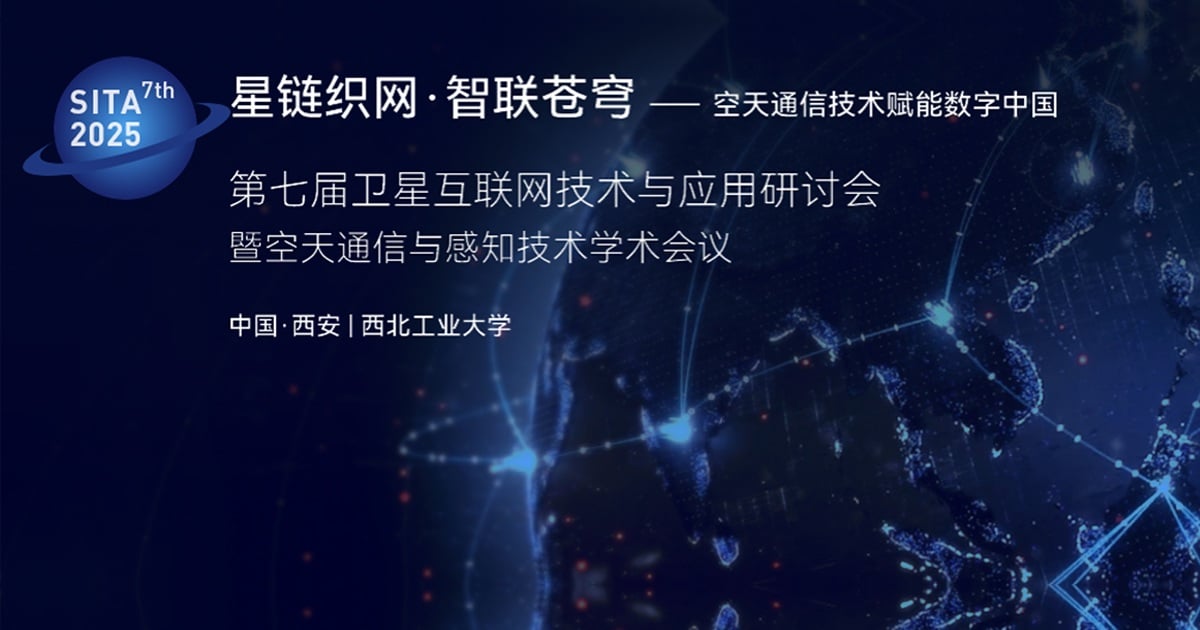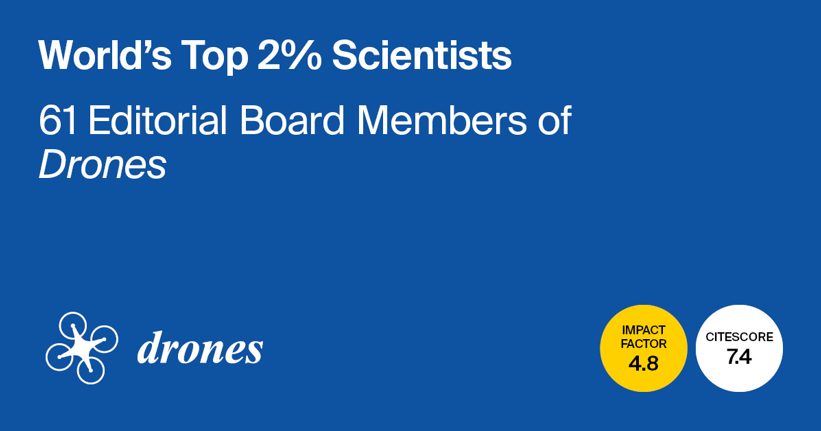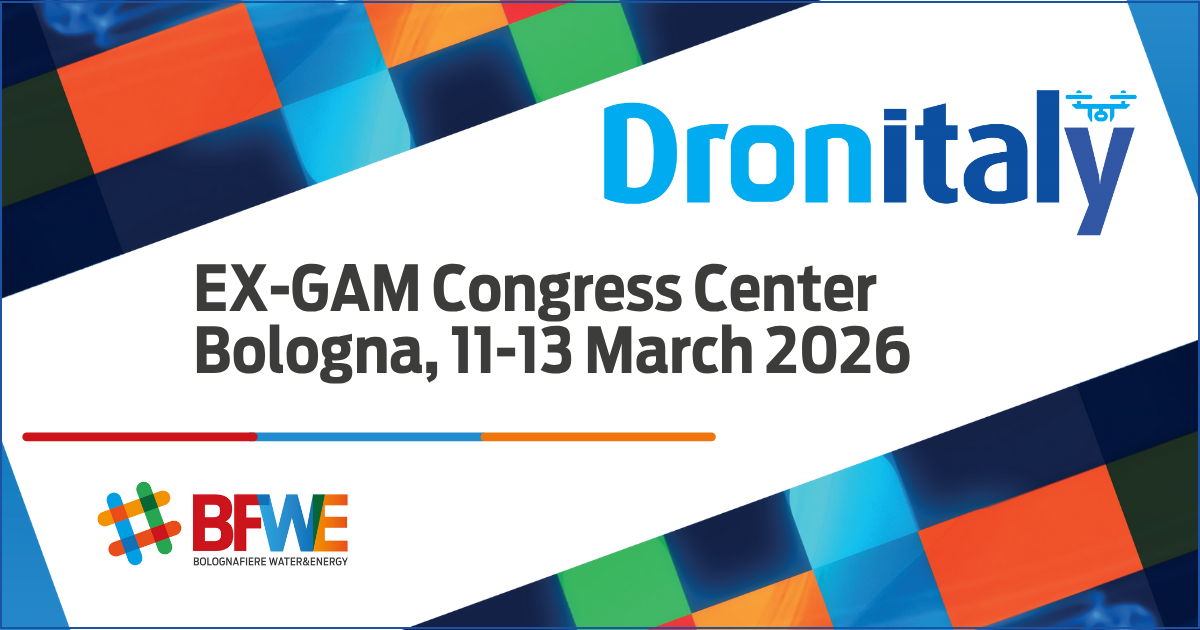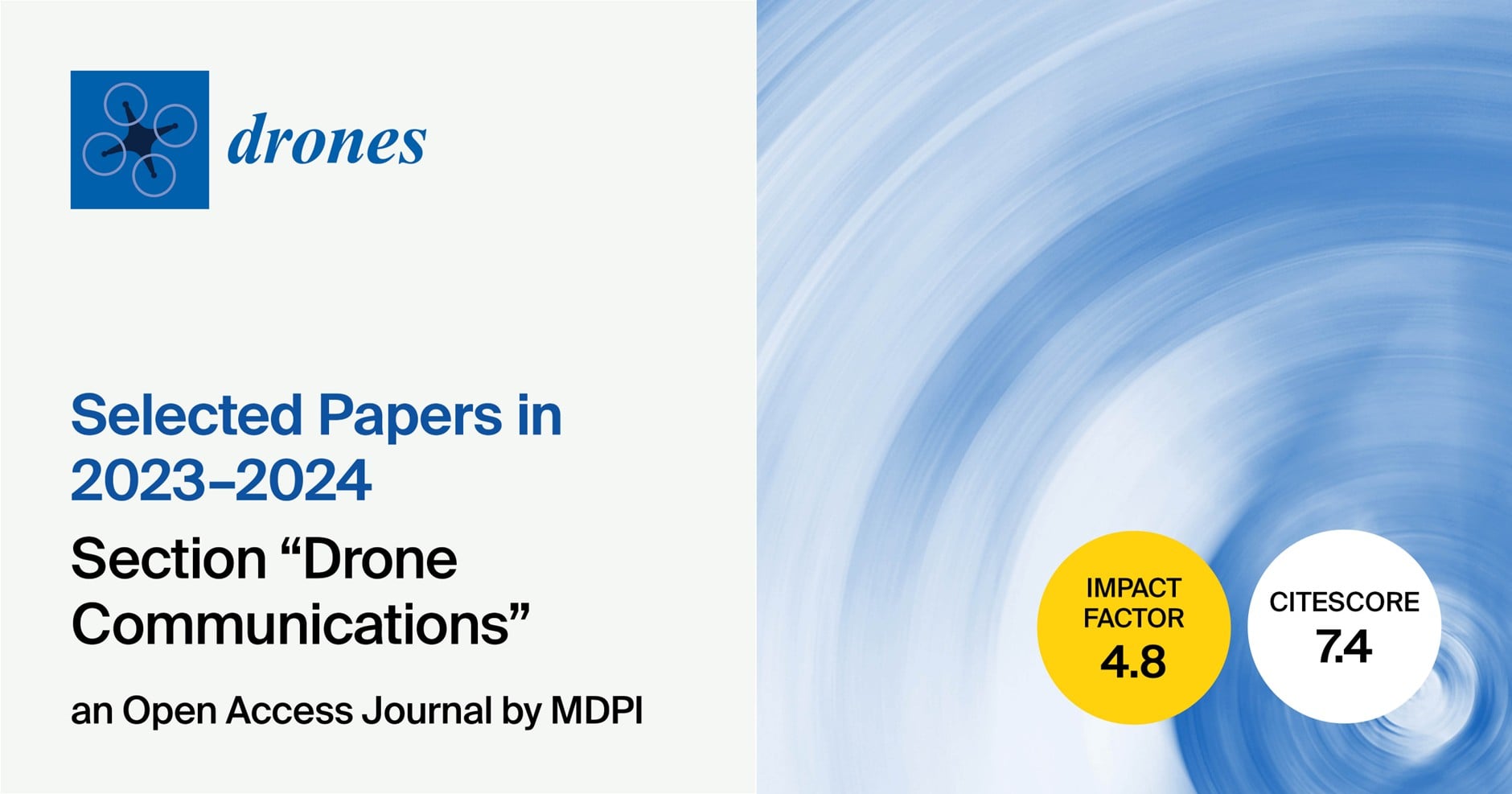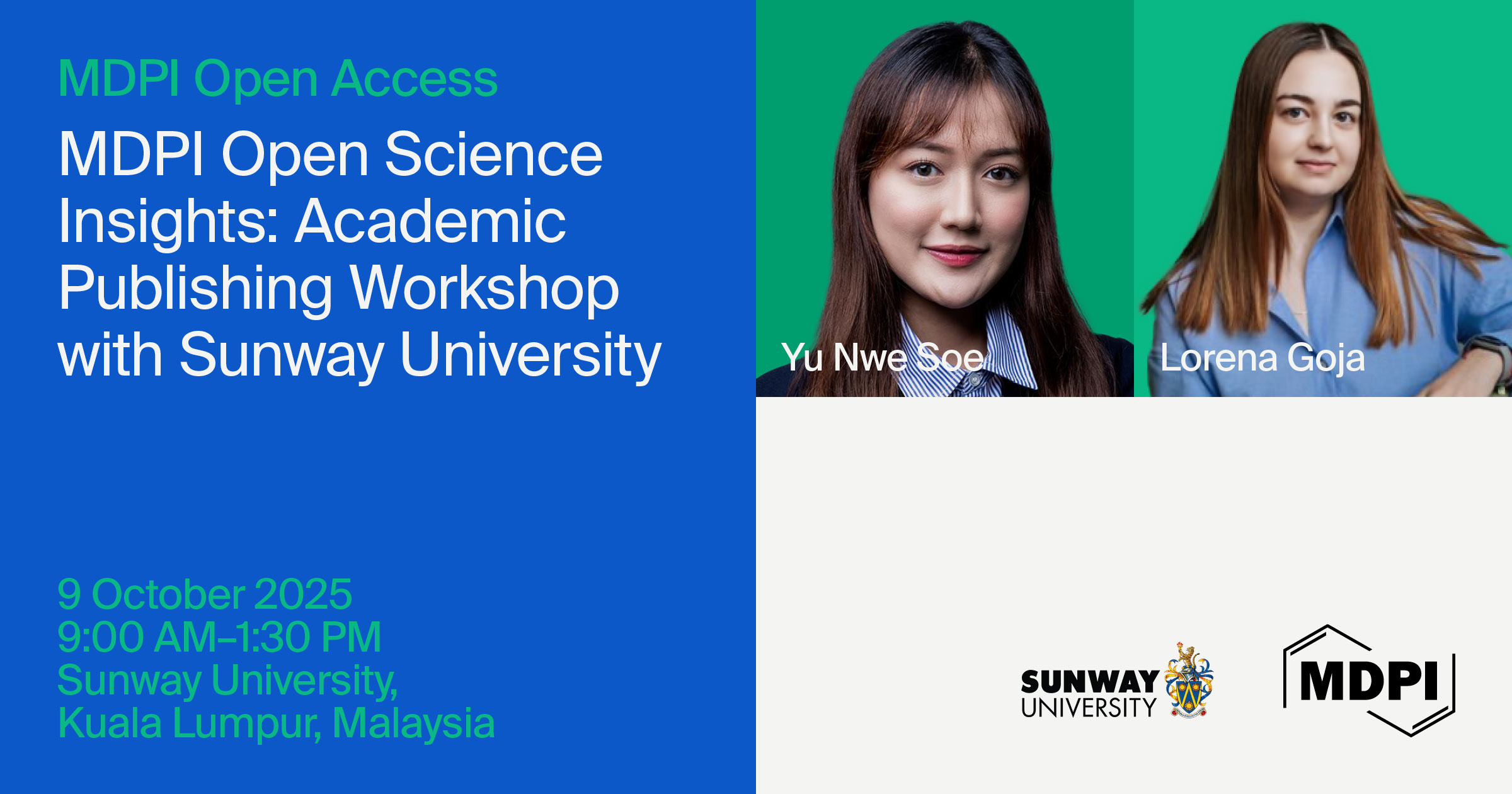- 4.8Impact Factor
- 7.4CiteScore
- 21 daysTime to First Decision
News & Conferences
Latest News & Announcements
Latest Conferences
Propose a Conference Collaboration
Promote and publicise your upcoming conference with MDPI.
All News & Conferences
News & Announcements
Drones | Invitation to Read Highly Cited Papers Published in 2023–2024 in Web of Science
1 January 2026
News & Announcements
Article Layout and Template Revised for Future Volumes
11 December 2025
5 - 5 December 2025
News & Announcements
World Sustainable Transport Day, 26 November 2025
26 November 2025
News & Announcements
Drones Editorial Board Members Featured in the World’s Top 2% Scientists in 2025
17 November 2025
Partner Conference
DRONITALY
11 - 13 March 2026
News & Announcements
Drones | Selected Papers in 2023–2024 in the “Drone Communications” Section
13 November 2025
News & Announcements
Academic Publishing Workshop with Sunway University Held on 9 October 2025, Kuala Lumpur, Malaysia
6 November 2025
News & Announcements
MDPI Launches the Michele Parrinello Award for Pioneering Contributions in Computational Physical Science
6 November 2025
News & Announcements
MDPI INSIGHTS: The CEO's Letter #28 - WSF11, Nobel Laureates, Proofig AI, Romania Summit, STM and FBF
4 November 2025
of 20




